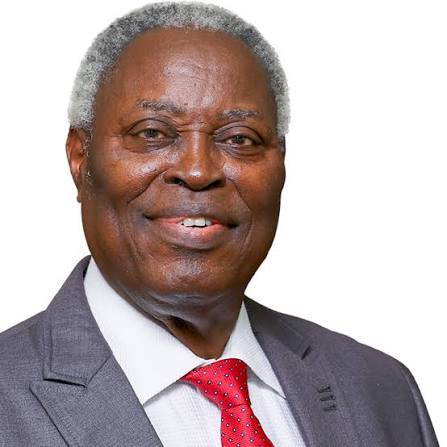The contrasting attitudes of two prominent British politicians of ethnic minority heritage – Kemi Badenoch (of Nigerian descent) and Rishi Sunak (of Indian origin) – towards their ancestral homelands reveal much about colonialism’s enduring legacies and the complexities of national identity.
While Sunak, the UK’s first Indian-origin Prime Minister, has consistently expressed pride in his roots, Badenoch, now the Conservative Party Leader, has been openly critical of Nigeria. This divergence reflects the distinct colonial and pre-colonial histories of their ancestral nations, shaping how their diasporas perceive their homelands.
Sunak had frequently celebrated his Indian heritage, calling India “very near and dear to me” and even referring to himself as its “son-in-law”. Notably, his parents were born in Tanzania and Kenya—their families having migrated there under British colonial rule.
Yet their strong identification with India underscores the enduring impact of India’s prolonged colonial experience and the robust national identity forged there, which transcends geography and generations. This contrasts with the often more fragmented identities seen among those of African heritage, where colonial rule was shorter and deliberately divisive.
Badenoch, born in Britain but partly raised in Nigeria, has been vocal about Nigeria’s systemic issues—corruption, insecurity, and governance failures—often sparking controversy.
L
She identifies more strongly with her Yoruba ethnicity than with Nigeria as a whole, once stating, “I have nothing in common with northern Nigerians… Being Yoruba is my true identity.” Her remarks highlight Nigeria’s enduring ethnic divisions, exacerbated by colonialism.
Recently, Badenoch claimed her children could not claim Nigerian citizenship through her due to gender-discriminatory laws. This is constitutionally incorrect. Nigeria’s Constitution (Section 25(1)(c)) grants citizenship by birth to children of Nigerian parents, regardless of gender.
While the Constitution does contain other gender biases (e.g., in spousal registration), her specific claim was inaccurate. Nigerian commentators corrected her, though some acknowledged the broader issue of gender inequality her remarks inadvertently highlighted.
Nigeria’s colonial experience (roughly 60 years, ending in 1960) was brief compared to India’s nearly 200-year subjugation. British rule in Nigeria relied on “divide and rule,” deepening pre-existing ethnic fractures.
The arbitrary borders imposed by colonialism forced diverse groups into a single state without fostering unity, leaving a legacy of internal discord. Today, Nigeria remains broadly divided into the three rival regions that the British exploited, a fragmentation that hinders a cohesive national identity.
India’s colonial history was longer and far more brutal, marked by exploitation and tragedies like the 1943 Bengal Famine. Yet this prolonged oppression fostered a unified resistance movement. The violent 1947 partition, while traumatic, created more homogeneous nations (India, Pakistan, later Bangladesh), arguably aiding post-colonial cohesion. Pre-colonial empires (e.g., Maurya, Mughal) and cultural ties also laid the foundations for a shared identity, strengthened further by figures like Gandhi and Nehru during independence.
India’s 1950 Constitution begins with “We, the People of India,” reflecting its roots in a popular independence movement. This instills a sense of ownership among Indians. Nigeria’s 1999 Constitution, however, was imposed by military decree under General Abubakar, lacking broad popular consultation.
Many Nigerians view it as illegitimate, further undermining collective identity. Surveys reflect these disparities. In Nigeria, over 90 per cent believe the country is “going in the wrong direction,” with just six per cent optimistic; 24 per cent say there’s “nothing to love” about being Nigerian (Afrobarometer). In India, 68–70 per cent see the nation as “getting stronger” globally, with 79 per cent approving of PM Modi (Pew Research).
In my view, the key factors behind this divide are as follows: Colonial Duration and Tactics: Nigeria’s shorter colonial rule left ethnic divisions unhealed, while India’s prolonged subjugation paradoxically unified resistance; Pre-Colonial History: Nigeria’s pre-colonial societies were fragmented, whereas India had unifying empires and cultural bonds; and Post-Colonial Trajectories: Nigeria’s governance struggles fuel disillusionment; India’s economic rise bolsters pride. Badenoch’s criticisms and Sunak’s pride are products of their homelands’ histories.
Nigeria’s colonial brevity, ethnic divisions, and imposed constitution foster detachment; India’s longer oppression, unifying resistance, and popular constitution cultivate enduring pride. These contexts shape individual attitudes and entire diasporas’ narratives, illustrating how national identity is inextricably tied to history. Kemi Badenoch is just the extreme manifestation of our history and trajectory.
Nwanze is a partner at SBM Intelligence














